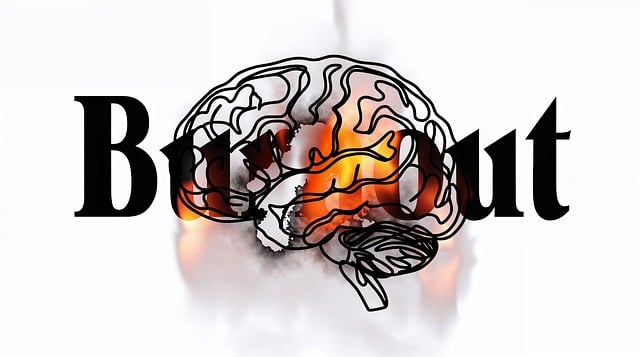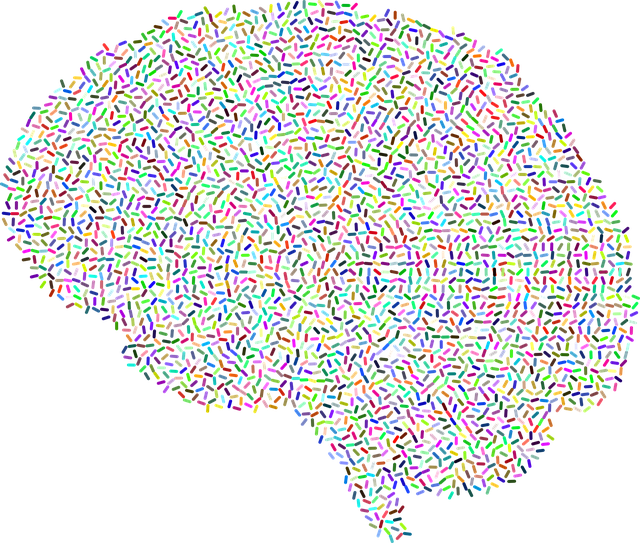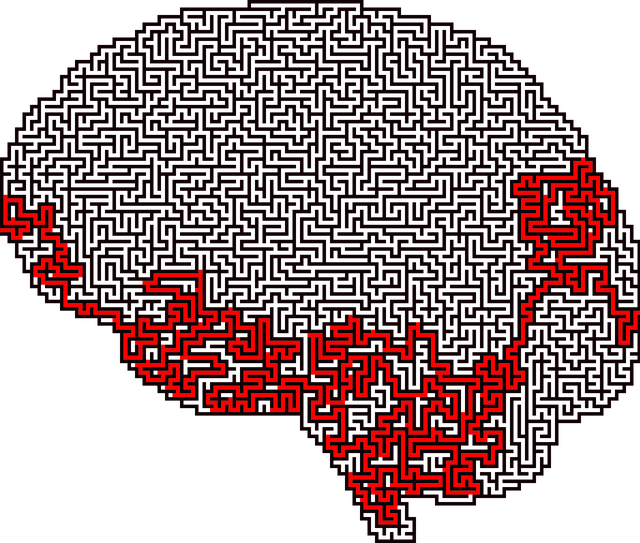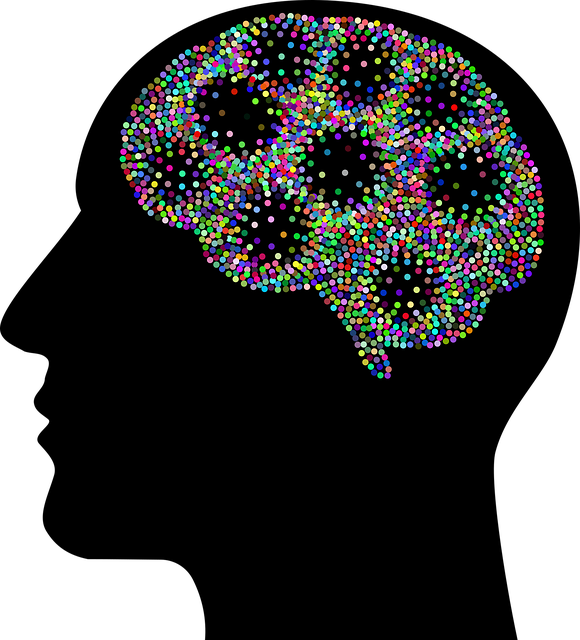Wheat Ridge Divorce Therapy offers comprehensive mental wellness programs using tailored interventions, including individual therapy, group counseling, and evidence-based practices. Their evaluation methods combine quantitative (surveys, standardized metrics) and qualitative (interviews, feedback forms) approaches to track symptom changes, perceived well-being, and daily functioning. By integrating client feedback, focus groups, risk assessments, and adaptive refinement techniques, the program ensures it meets specific needs, enhancing positive mental wellness outcomes. Through continuous improvement with evidence-based strategies like Compassion Cultivation Practices and Emotional Intelligence training, Wheat Ridge Divorce Therapy remains a leader in compassionate mental wellness solutions.
Mental wellness programs have become integral to holistic well-being, especially in specialized areas like divorce therapy. This article explores evaluation methods to assess and enhance such programs, focusing on Wheat Ridge Divorce Therapy as a case study. We begin with a comprehensive overview of mental wellness initiatives, followed by an in-depth look at quantitative and qualitative assessment techniques. Additionally, we highlight the importance of continuous improvement through client feedback, exemplified by Wheat Ridge’s approach.
- Understanding Mental Wellness Programs: A Comprehensive Overview
- Evaluation Methods: Measuring Impact and Effectiveness
- Assessing Client Outcomes: Quantitative and Qualitative Approaches
- Continuous Improvement: Using Feedback for Program Enhancement at Wheat Ridge Divorce Therapy
Understanding Mental Wellness Programs: A Comprehensive Overview

Mental wellness programs are designed to support individuals in enhancing their emotional and psychological well-being. These programs often incorporate various therapeutic approaches, such as individual therapy, group counseling, and evidence-based practices tailored to specific needs. At Wheat Ridge Divorce Therapy, for instance, professionals offer specialized services to navigate the complexities of divorce, fostering resilience and healthy coping mechanisms.
Comprehensive mental wellness program evaluation involves assessing the effectiveness of these interventions. Key methods include pre-post assessments, participant feedback, and qualitative interviews. By measuring changes in symptoms, participants’ perceptions of their well-being, and the overall impact on daily functioning, evaluators gain insights into the program’s success. Additionally, incorporating components like Mental Health Education Programs Design, Social Skills Training, and Self-Awareness Exercises can empower individuals to actively engage in their healing process, fostering long-lasting positive outcomes.
Evaluation Methods: Measuring Impact and Effectiveness

Evaluation methods play a pivotal role in understanding the impact and effectiveness of mental wellness programs, such as those offered by Wheat Ridge Divorce Therapy. These strategies are essential tools to gauge progress, identify areas for improvement, and ensure the program aligns with its intended goals. One common approach is through quantitative assessment, where data is collected and analyzed using surveys, questionnaires, or standardized metrics. This method allows for objective comparisons and provides a comprehensive view of participants’ mental health status before, during, and after the program.
Additionally, qualitative techniques offer valuable insights into individuals’ subjective experiences. Interviews, focus groups, or client feedback sessions enable professionals to explore personal narratives, gain comprehension of emotional journeys, and uncover unmet needs. Integrating these diverse evaluation methods—including risk assessment for mental health professionals, burnout prevention strategies, and coping skills development—is crucial in designing comprehensive programs that cater to the unique needs of clients, fostering positive mental wellness outcomes.
Assessing Client Outcomes: Quantitative and Qualitative Approaches

Evaluating client outcomes is a crucial component of any successful mental wellness program, and at Wheat Ridge Divorce Therapy, we employ both quantitative and qualitative approaches to gain a comprehensive understanding of our clients’ progress. Quantitative methods involve measuring changes in specific variables through surveys, tests, and data analysis. For instance, tracking scores on standardized anxiety or depression scales before and after therapy sessions can provide objective insights into the effectiveness of our interventions.
Qualitatively, we delve deeper into clients’ experiences and perceptions through open-ended interviews, feedback forms, and self-reflective journals. This allows us to capture nuanced changes in their self-awareness exercises, emotional well-being, and stress reduction methods. By combining these quantitative and qualitative data sources, Wheat Ridge Divorce Therapy ensures that our program not only meets but exceeds the needs of our clients, fostering genuine mental wellness.
Continuous Improvement: Using Feedback for Program Enhancement at Wheat Ridge Divorce Therapy

At Wheat Ridge Divorce Therapy, we understand that continuous improvement is key to enhancing our mental wellness program and ensuring it meets the evolving needs of our clients. Feedback plays a pivotal role in this process, as it allows us to adapt and refine our practices. We actively solicit input from participants, therapists, and support staff to identify areas of success and potential growth. This collaborative approach fosters a culture of learning and development, where every piece of feedback is viewed as an opportunity for improvement.
Through regular evaluations and focus groups, we implement evidence-based strategies such as Compassion Cultivation Practices and Emotional Intelligence training. By integrating these techniques into our Mental Wellness Coaching Programs Development, we strive to create a more supportive and effective therapeutic environment. This ongoing evaluation process enables us to refine our methods, ensuring that Wheat Ridge Divorce Therapy remains at the forefront of providing compassionate and innovative mental wellness solutions.











